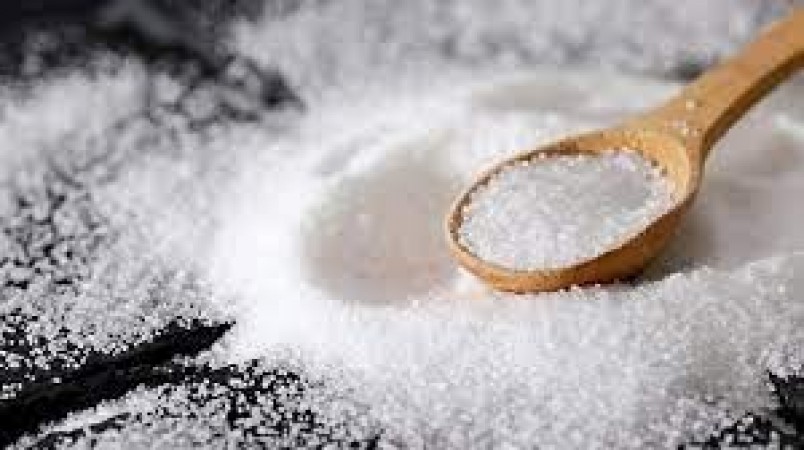
Salt, a seemingly innocent seasoning found in every kitchen, has long been cherished for its ability to enhance the flavors of our meals. However, beneath its delectable allure lies a potential threat to our health. This article will delve into the intricate relationship between salt and health, unraveling the risks associated with excessive consumption.
In the realm of dietary choices, salt plays a significant role, and understanding its connection to our health is crucial. At its core, salt consists of sodium and chloride, elements that are essential for various bodily functions. Sodium, however, can be a double-edged sword, as excessive intake can lead to health complications.
Sodium, a key component of salt, is essential for maintaining the body's fluid balance, transmitting nerve impulses, and supporting muscle function. However, an overabundance of sodium can disrupt this delicate balance, contributing to health issues such as high blood pressure.
While many are aware of the salt added during cooking or at the dining table, the real challenge lies in identifying hidden sodium in processed and packaged foods. Items like canned soups, deli meats, and even breakfast cereals may contain substantial amounts of sodium, contributing to our daily intake without us realizing.
One of the most immediate and significant concerns associated with high salt consumption is elevated blood pressure. Sodium attracts water, and an excess of it in the bloodstream leads to increased blood volume, putting a strain on the heart and blood vessels. Uncontrolled hypertension, if left unchecked, can pave the way for more serious cardiovascular issues.
Eating out is a common pleasure, yet it often comes with a hidden price – restaurant meals are notorious for their high sodium content. The enticing flavors in your favorite dish might be attributed to a generous sprinkle of salt, contributing to a significant portion of your daily intake.
Equipping yourself with the ability to decipher nutritional labels is a powerful step towards reducing salt intake. Understanding terms like sodium, sodium chloride, or monosodium glutamate (MSG) empowers consumers to make informed choices while grocery shopping.
Exploring alternative ways to flavor your food can transform your culinary experience. Herbs and spices, beyond adding richness and depth to your dishes, offer a delicious substitute for salt. Whether it's the warmth of cinnamon, the freshness of cilantro, or the boldness of garlic, nature provides an array of options to tantalize your taste buds.
Balancing sodium intake with an adequate intake of potassium can be a game-changer for maintaining a healthy cardiovascular system. Potassium helps counteract the negative effects of sodium, assisting in the regulation of blood pressure and supporting overall heart health.
Embarking on a journey to reduce salt intake doesn't have to be an abrupt, taste-bud-shocking experience. Gradual reduction allows your palate to adjust to lower salt levels, making the transition smoother and more sustainable. This approach not only promotes better health but also ensures that you still enjoy the flavors of your favorite dishes.
Creating awareness about the risks associated with excessive salt consumption is a community effort. Engaging in conversations, whether at the local level or through social media, can lead to healthier choices. When individuals share their experiences and knowledge, it creates a ripple effect, fostering a collective commitment to better health.
In the grand tapestry of our health, salt plays a role that should be approached with caution. By understanding the risks and making informed choices, we can embark on a journey towards a healthier and happier life. The salty dilemma can be navigated with wisdom, allowing us to savor the richness of our meals without compromising our well-being.
This village of the country has its own Parliament and Constitution, Indian law does not work here
Overcoming Physical and Mental Problems through the Use of These Home Remedies
Hyundai Acquires Talegaon Plant, Eyes Rs 6,000 Cr Investment in Maharashtra